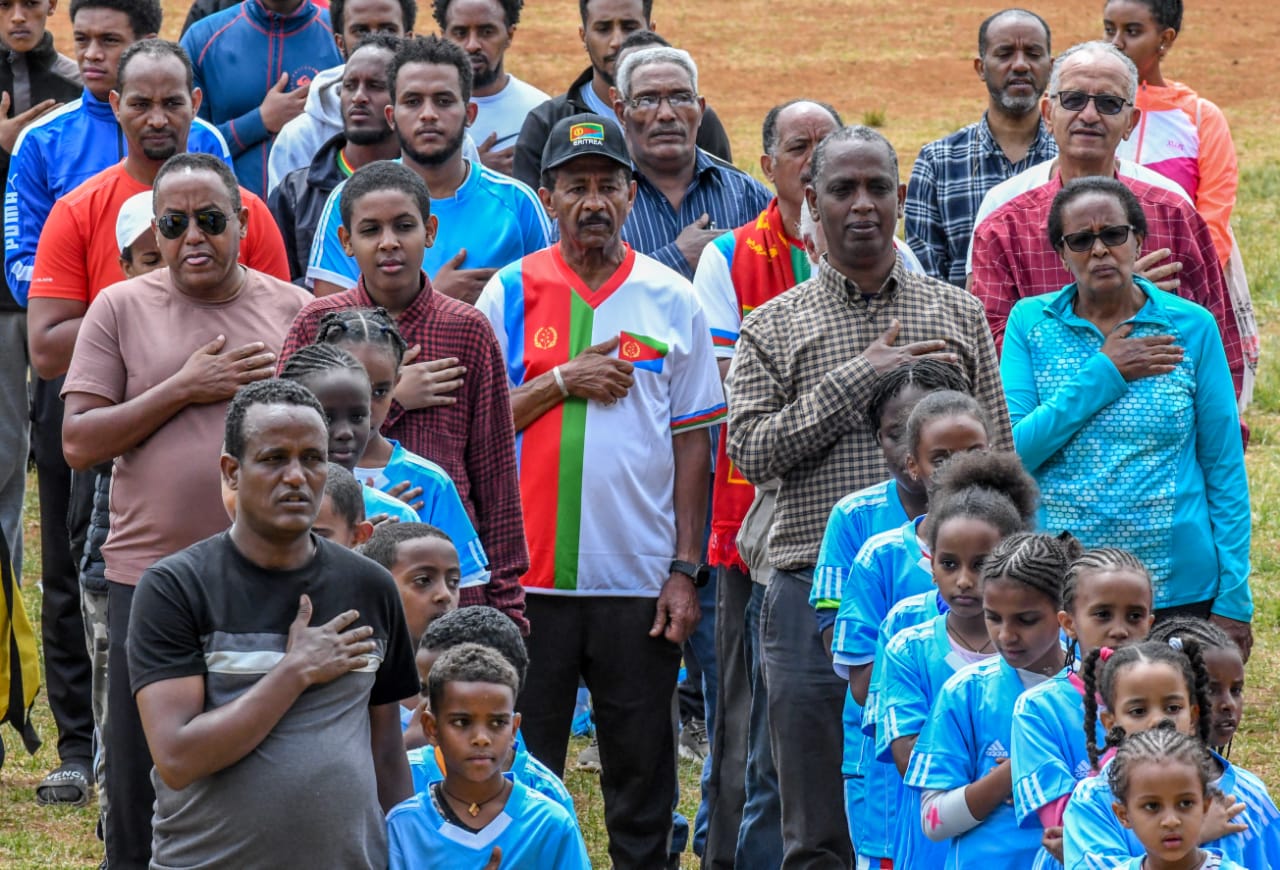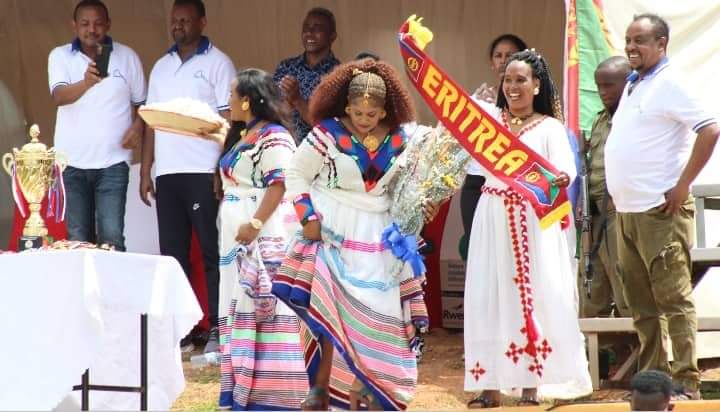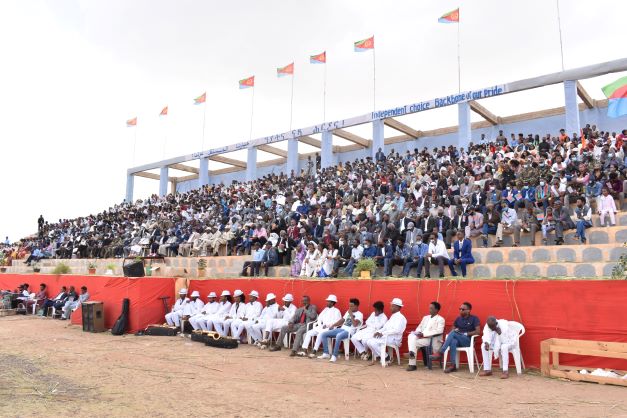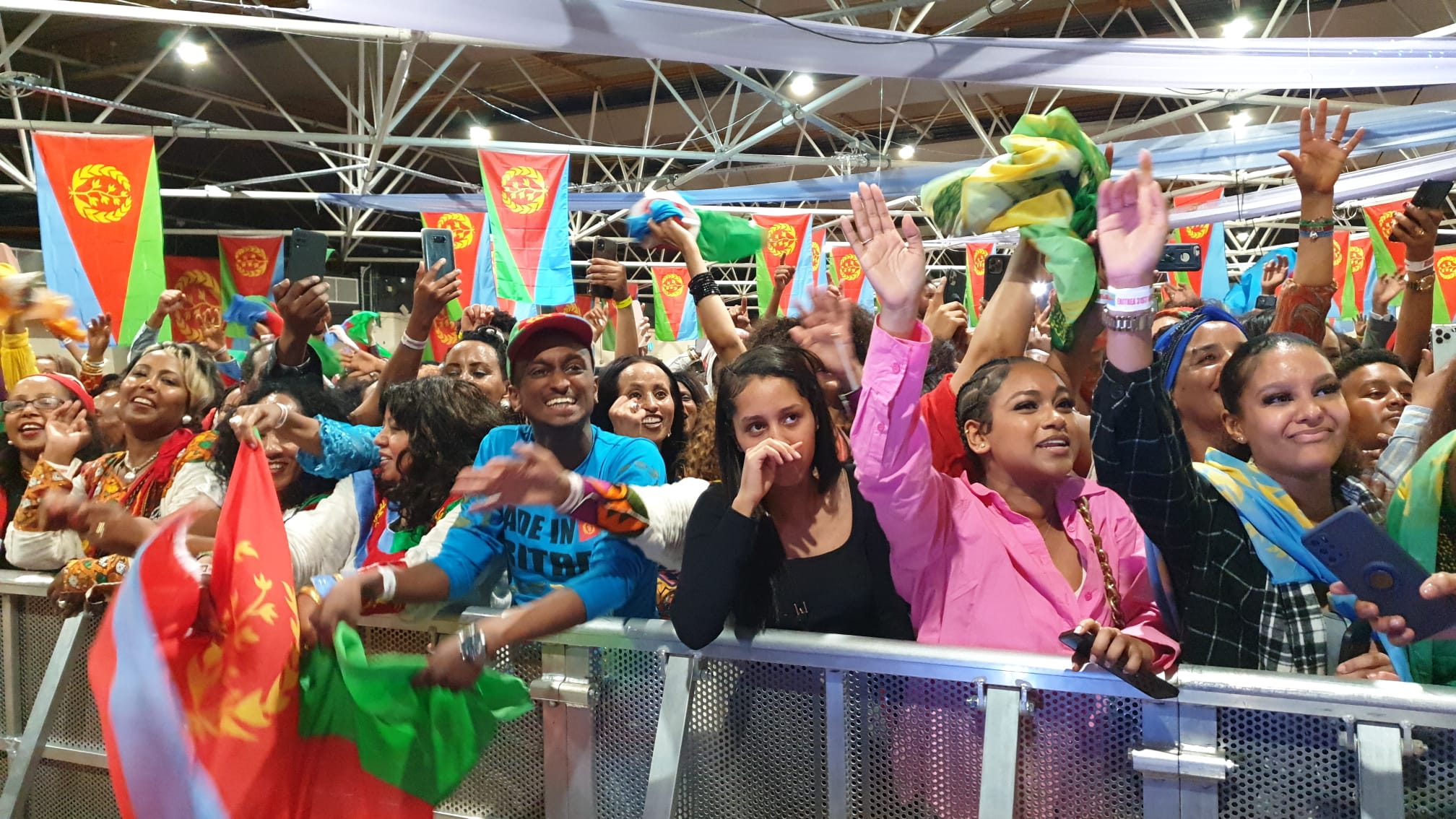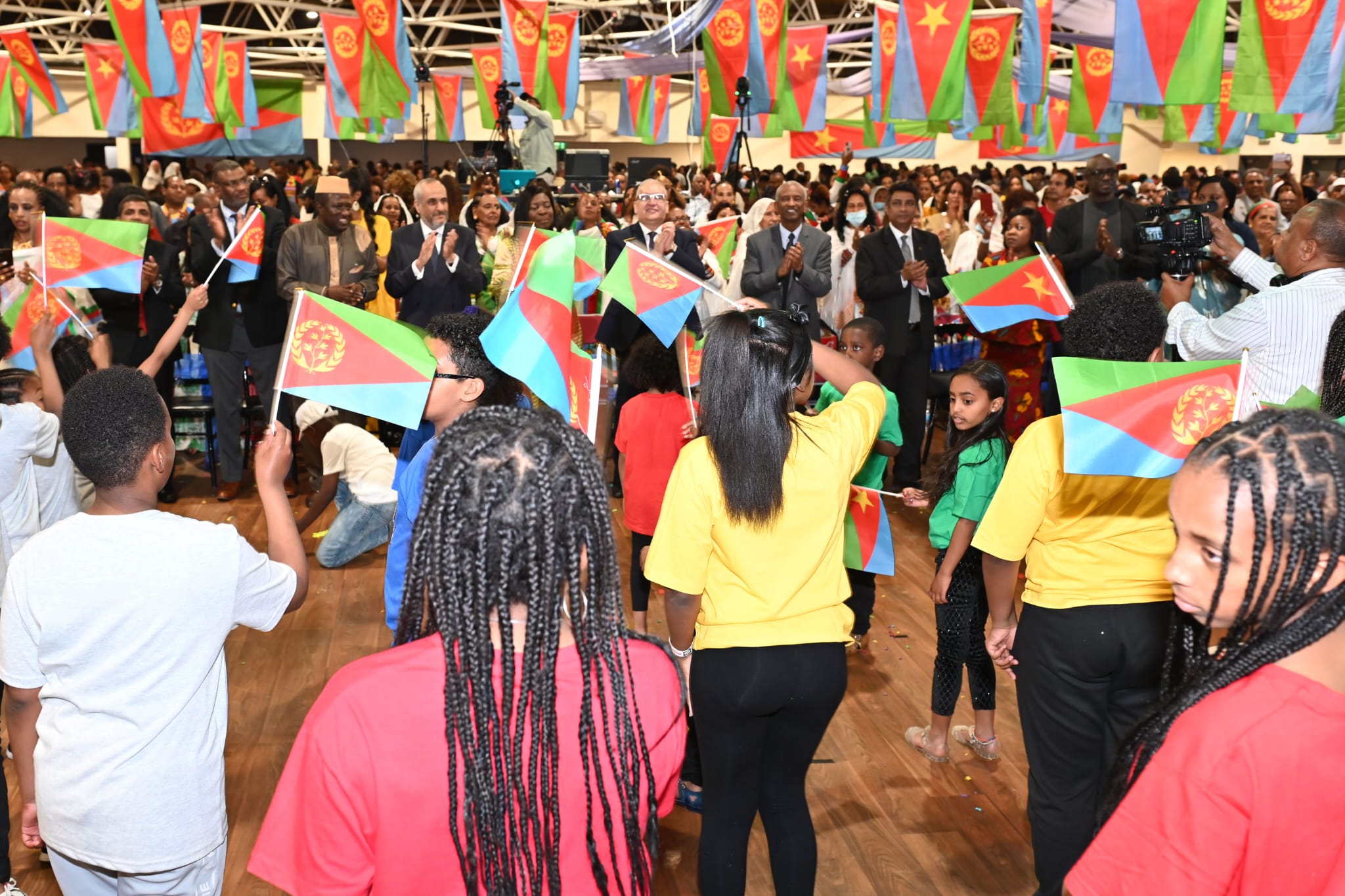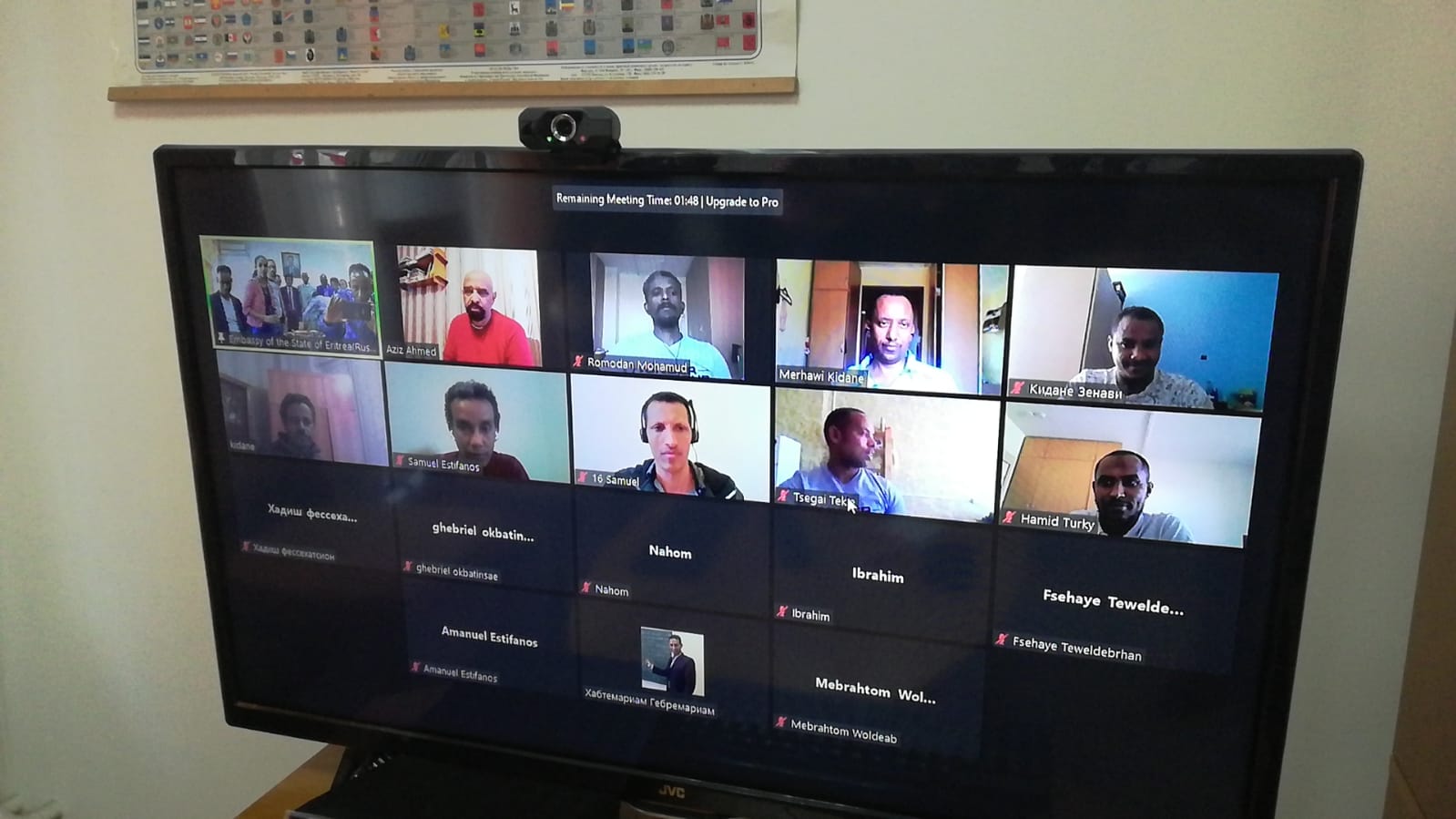Post
by Zmeselo » 23 May 2022, 15:05
Eritrea: the Pride of Africa
By: Kidane Eyob
22/05/2022
While Eritreans around the globe have over the weekend celebrated the upcoming 31’st Eritrean Independence Day, those in Eritrea will hold the celebrations of this glorious occasion on Tuesday 24th May 2022.
In the 31 years since independence, in Eritrea the focus has been on rebuilding the infrastructure across the country which had been destroyed during the thirty years of the Eritrean Armed Liberation struggle and developing the Human resources of the nation. This drive to improve the vital infrastructure such as roads, dams, hospitals, schools and colleges all over the country, outwardly might not be as glamorous and impressive as erecting glass skyscrapers in the capital alone, is nonetheless essential if Eritrea is to continue on its path of development and its programme of Social Justice. Setting aside all that has been achieved, by far the greatest achievements of the past 31 years is the work undertaken to develop both the Human Resources and Capacity in the technical and academic field. It is also worth mentioning that much work has been done to raise the entire population’s political consciousness — which is essential if Eritreans are to protect and safeguard their sovereignty and independence.
There is no doubt that re-building and the building of new infrastructures has brought about a radical transformation in the living standards of the entire population across the country. It is as a result of the improvements in the infrastructure — roads, power, health care etc. — that Eritrea was able to be amongst the few countries in Africa to meet the UN Millennium Development Goals (MDG) well ahead of time. In particular, the achievement in reducing infant mortality — to one of the lowest in Africa — has been very impressive. Using these achievements as a foundation to build upon, today Eritrea is actively working to achieve the Sustainable Development in Africa (SDG).
Today, in Eritrea there is zero tolerance to; crime, corruption, tribalism, regionalism, nepotism and religious fanaticism. In line with the Eritrean government’s mantra of ensuring that no one is left behind and in its pursuit of a society where social justice prevails, the Eritrean
government has diligently worked towards providing free healthcare and free education from nursery up to university — where universities not only provide free tuition but also free accommodation and food.
As part of the education drive every village in Eritrea is now provided with a nursery school and has a primary school within a 5 km radius and a secondary school within a 10 km radius, with more schools being constructed every year to keep up with the increase in demand.
Public transport being an essential service is heavily subsidised and 90% of the population now have access to clean drinking water. Currently, there is an extensive campaign to construct toilets in rural areas to end open defecation as part of the government’s public health policy to prevent water borne diseases — as prevention is better than a cure.
Eritrea’s decision to map out its own course and its reluctance to adopt western based political systems where a few select elite benefit — at the detriment of the majority — by controlling the government’s political and economic policies, has meant that Eritrea has come under attack from western nations using ‘concern’ for ‘human rights’ as pretext. Eritrea’s desire to remain independent and make its own choices, has led the West to impose illegal, unjust and politically motivated sanctions to be imposed on Eritrea: whose primary purpose is to bring about a change in Eritrea’s chosen path by bringing about a change in government.
The West turning a blind eye to the atrocities committed by countries considered to be allies and focusing on the perceived transgressions of countries which are deemed to be ‘unfriendly’, high lights the double standards of the Western governments. Furthermore, the tendency to
use accusations of breaches of human rights as a political tool to attack certain countries only, indicates the complete lack of respect and concern for human rights by these Western governments.
Today most of Africa, including Eritrea, is increasingly seeing China as a partner of choice, because unlike the West, China has a policy of non interference in the domestic affairs of countries and doesn’t impose its values on others. China’s policy of non interference coupled with the fact that China has managed to lift nearly a billion people out of poverty in the past 30 years, has meant Africa is now looking towards China as it tries to wean itself from debilitating Western Aid and the poverty that comes with such ‘help’.
It is time for African governments to work towards bringing about a political system and governance which is based on the rich cultural heritage and values of the continent, rather than adopt wholesale — with little or no understanding —alien systems which do not put the best interest of the African people FIRST.






















